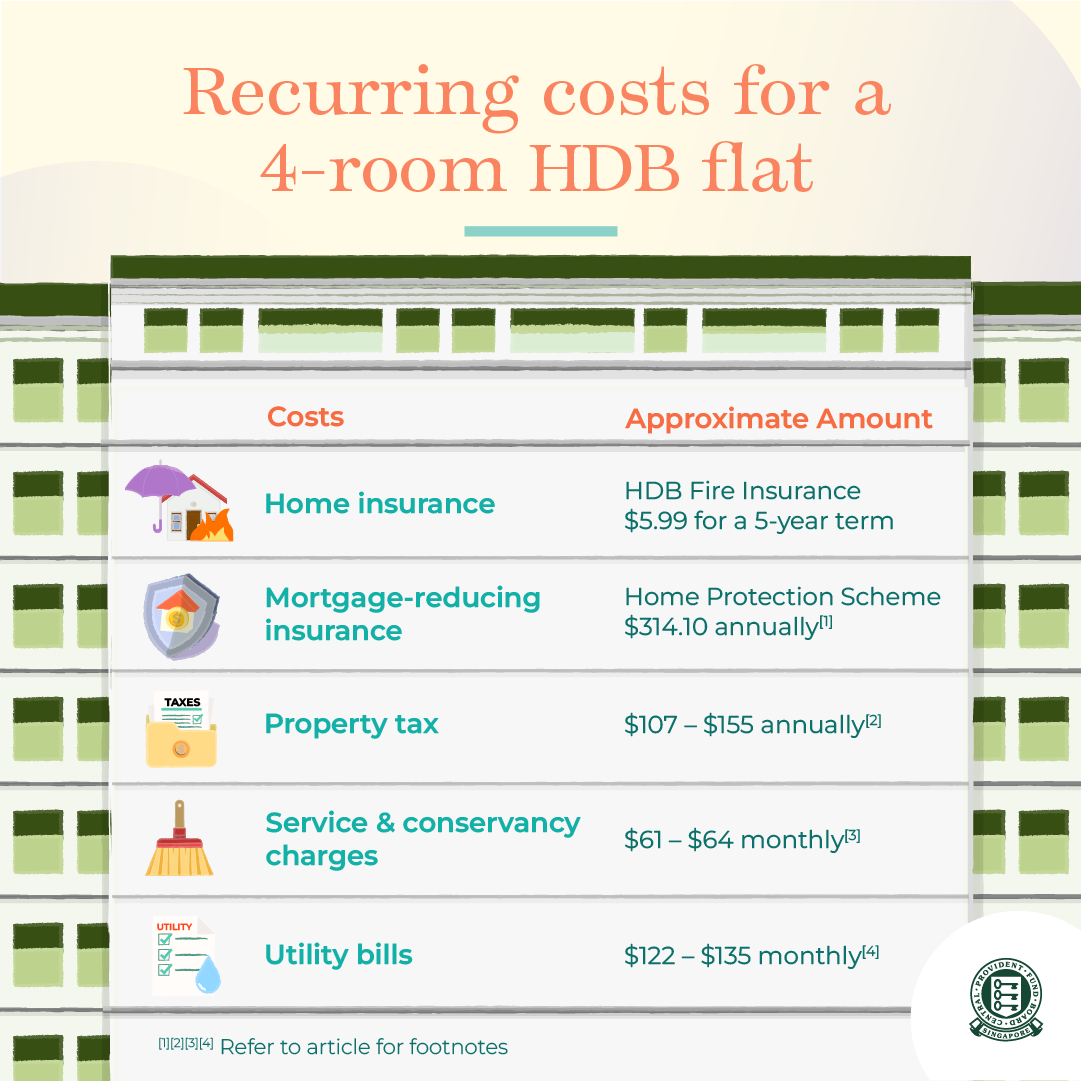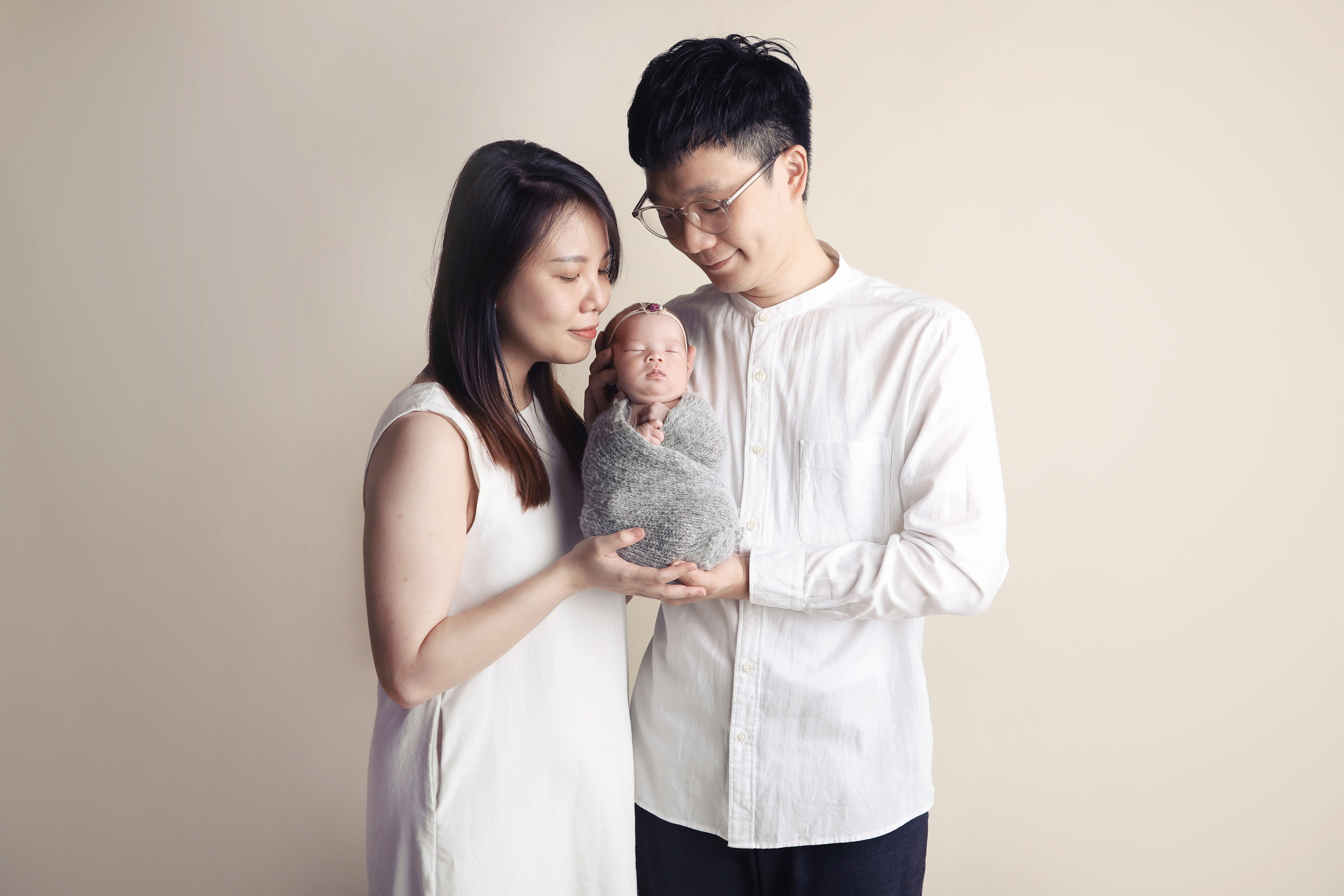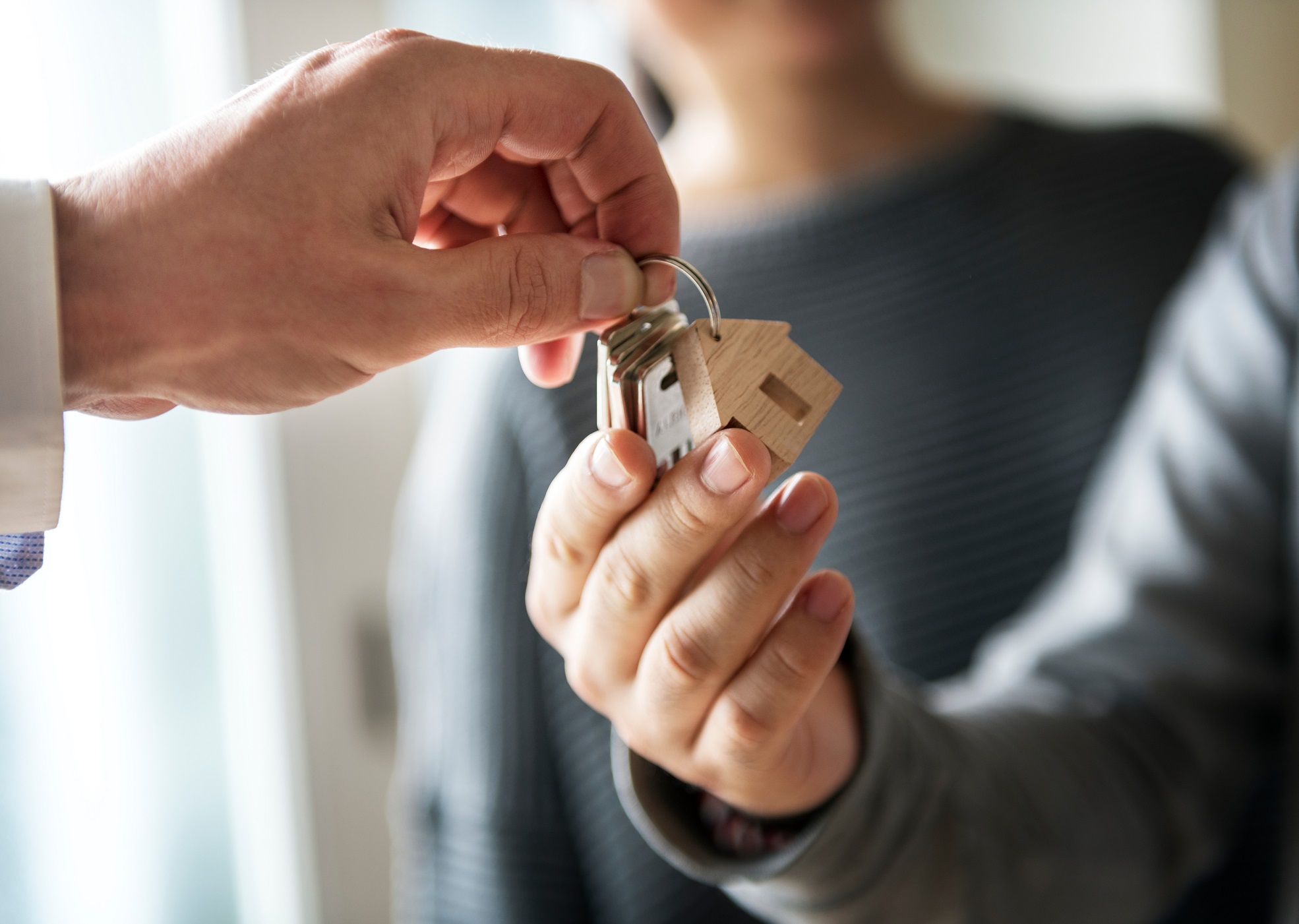17 May 2023
SOURCE: CPF Board

Moving into a new place, especially for the first time, is always an exciting milestone. As you prepare to buy your first home, you would have likely saved and planned diligently for the downpayment, mortgage, furniture, renovation as well as your future needs.
Are you already browsing online for the perfect sofa set that will complement the aesthetic of your dream home? Before you make that purchase, don’t forget about these lesser known (but no less important) expenses that may incur at different stages of your home purchase. Read more about the expenses at each stage of becoming a homeowner.
The first thing you have to pay when you buy a HDB flat is the application fee:
- BTO flat: $10
- Resale flat: $40 (1- and 2-room), $80 (3-room and bigger)
This can be paid through the HDB website using your credit card or through any of the supporting mobile payment apps.
Once you’ve identified your ideal HDB flat, the next step is to pay the option fee to secure your home.
Flat type |
Option Fee |
BTO 4-room and bigger |
$2,000 |
BTO 3-room |
$1,000 |
BTO 2-room Flexi |
$500 |
Resale Flat |
Not exceeding $1,000 |
When you secure your new flat, you’ll need to pay Buyer’s Stamp Duty (BSD), which is the tax payable on the documents relating to the purchase. This is based on the selling price of the flat and must be paid upfront alongside several other legal fees. In the case of a 4-room HDB flat, this can cost over $5,000.
The amount payable is calculated as such:
- First $180,000: 1%
- Next $180,000: 2%
- Next $640,000: 3%
- Remaining amount: 4%
If you appoint HDB to act for you in the purchase and/or the mortgage of your flat, you’ll need to pay legal fees including the HDB Conveyance fee and Registration fees:
This is calculated as such for Sale of flat by HDB, together with mortgage of such flat to HDB:
- First $30,000: $0.09 per $100 or part thereof
- Next $30,000: $0.072 per $100 or part thereof
- Remaining Amount: $0.06 per $100 or part thereof
For resale, transfer or assignment of flat by the owner, the following conveyancing fees apply:
- First $30,000: $0.135 per $100 or part thereof
- Next $30,000: $0.108 per $100 or part thereof
- Remaining Amount: $0.09 per $100 or part thereof
Note: The conveyancing fee is rounded up to the next dollar, before applying GST. The minimum legal fee chargeable is $20.
- Lease In-Escrow registration fee: $38.30 (fixed amount)
- Mortgage In-Escrow registration fee (if you are taking a home loan): $38.30 (fixed amount)
- Title search fee: $32
The caveat is an official notice to the Singapore Land Authority to protect your interest in the flat. This will cost $128.90 (inclusive of GST).
You would need to pay a survey fee to the surveyor inspecting the condition and value of your flat. It costs between $162 and $405 depending on the flat type you are buying.
You can tap on your CPF Ordinary Account (OA) savings* to pay the legal fees and stamp duty in full. For stamp duty of a property that is already completed, you can pay cash first and get reimbursed from your CPF account later. If the property is still under construction, you can pay the stamp duty directly through your CPF.
*When you sell your flat, you’ll need to refund the money from your OA that was used for your home purchase. This includes the legal fees and stamp duty.
If you are taking a bank loan, you will have to appoint an external solicitor to handle the entire process. The cost can range from $2,500 - $3,000 on average. You can pay this with cash or CPF but do check with the law-firm if you can pay in full using your CPF.
There are other costs that you will need to consider and set aside a budget for on a monthly or annual basis. Here’s an overview of the recurring costs of owning a HDB flat, using a 4-room flat as an example:

(1) Premium is calculated based on a 35-year-old man taking a $300,000 HDB loan with a loan term of 30 years at 100% coverage.
(2) Based off average property tax payable in 2023.
(3) Based on Town Councils’ reduced rates for 4-room HDB flats.
(4) Based on National Average Household Consumption (SP Group).
Since 1 September 1994, HDB has made it mandatory for homeowners to buy and renew the HDB fire insurance for your homes for as long as you have an outstanding HDB loan.
Depending on the size of your flat, a five-year premium ranges from $1.62 to $8.18.
The Home Protection Scheme (HPS) is a mortgage-reducing insurance that protects you and your loved ones from losing their HDB flat in the event of death, terminal illness or total permanent disability. You are insured by HPS until you fully redeem your housing loan or when you turn 65, whichever is earlier.
You can pay the annual premiums using your CPF savings or cash. Do note that if you are using your CPF savings to pay for your monthly mortgage instalments, HPS is required.
Property tax is defined as a wealth tax. This means owning a property makes you liable for property tax, regardless of whether the property is occupied or not.
The tax is calculated by multiplying the Annual Value (AV) of the property with the prevailing property tax rate. The AV of the property refers to an estimate of how much gross annual rental income your property can fetch in the year. It is determined based on market rentals of similar or comparable properties.
S&CCs are a vital component of maintaining the cleanliness, hygiene and upkeep of HDB estates. Town councils collect monthly fees from HDB flat owners to cover the costs of cleaning common areas and maintaining equipment such as lifts. This is an essential aspect of maintaining the quality of life and ensuring a smooth running of residential areas.
Depending on the size of your flat, the S&CCs typically range from $20 to $101 per month after taking into account the reduced fees for Singaporeans who own and occupy the flat without ownership of any private property.
To avoid racking up higher utility bills, be mindful of the energy consumption in your household. Here are some tips:
- Turn off electrical appliances when not in use - for example, turn off the air-conditioning when you leave the room or switch off the television when you are not watching it.
- Use energy-efficient appliances: consider purchasing energy-efficient appliances, especially for energy guzzlers like refrigerators, air-conditioners, and washing machines. These appliances are designed to consume less energy and can help you save money in the long run.
- Practice water conservation: try to use less water whenever possible. For example, take shorter showers or install water-saving devices such as low-flow showerheads and taps.
Consider setting aside a maintenance fund for your home. Wear and tear will set in over time, and there will be a list of items that require repair or replacement. Regular maintenance of your appliances can help prolong their lifespan and ensure they run efficiently. For example, clean the filters of your air-conditioner regularly to prevent energy wastage.
Regular cleaning and maintenance of your flat can help prevent damage and ensure a comfortable living environment.
Plan ahead for the expenses beyond your monthly mortgage payment, as these costs can add up. With careful monitoring and wise management of your expenses, you can ensure a comfortable living environment without underestimating these costs.
Information accurate as of date of publication.


